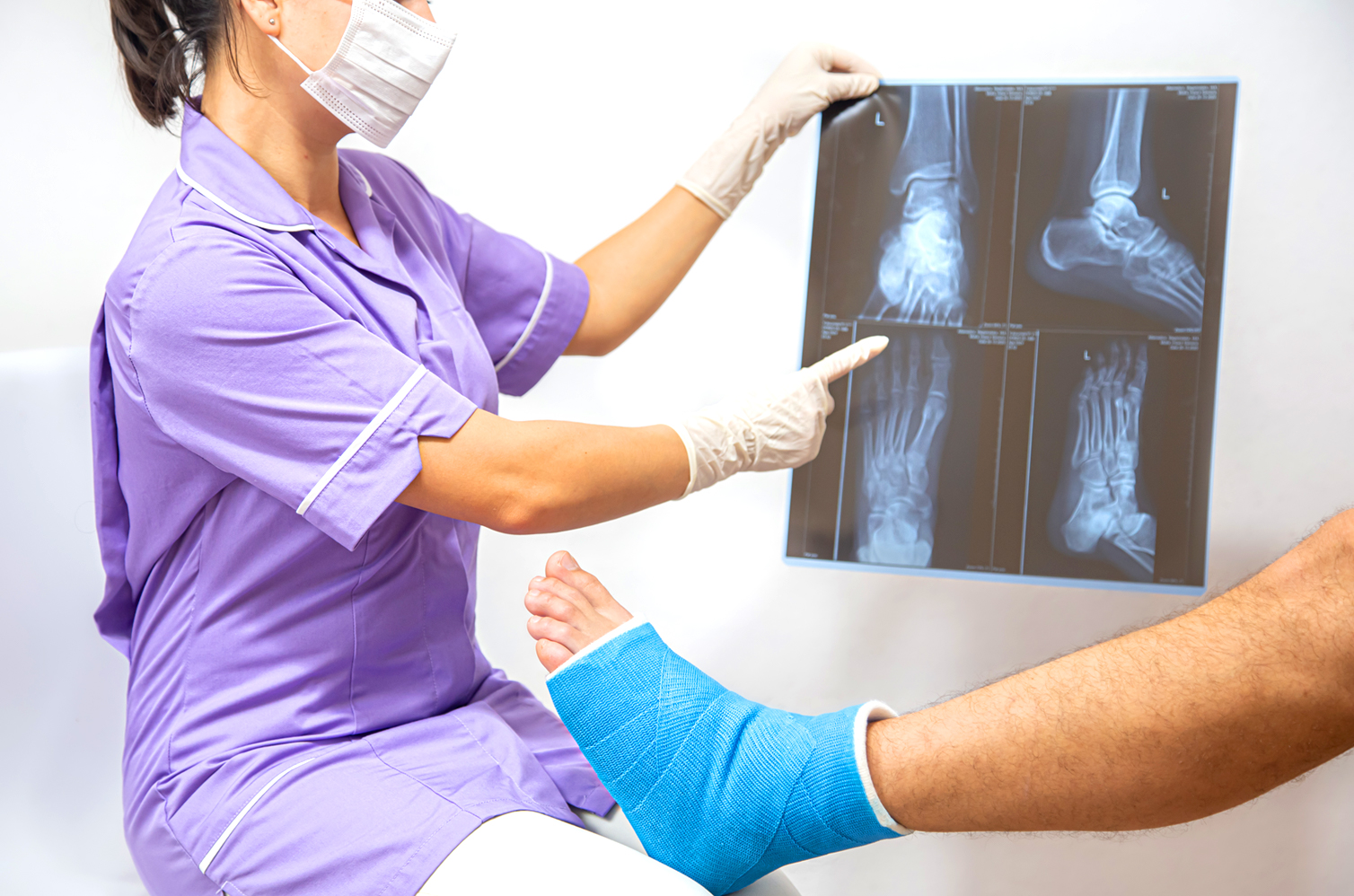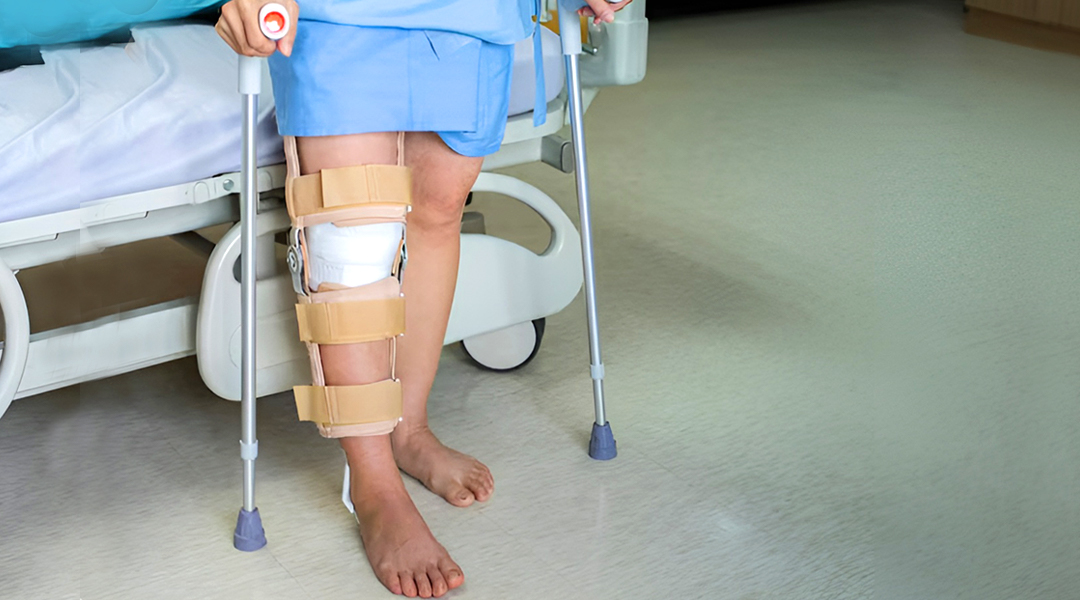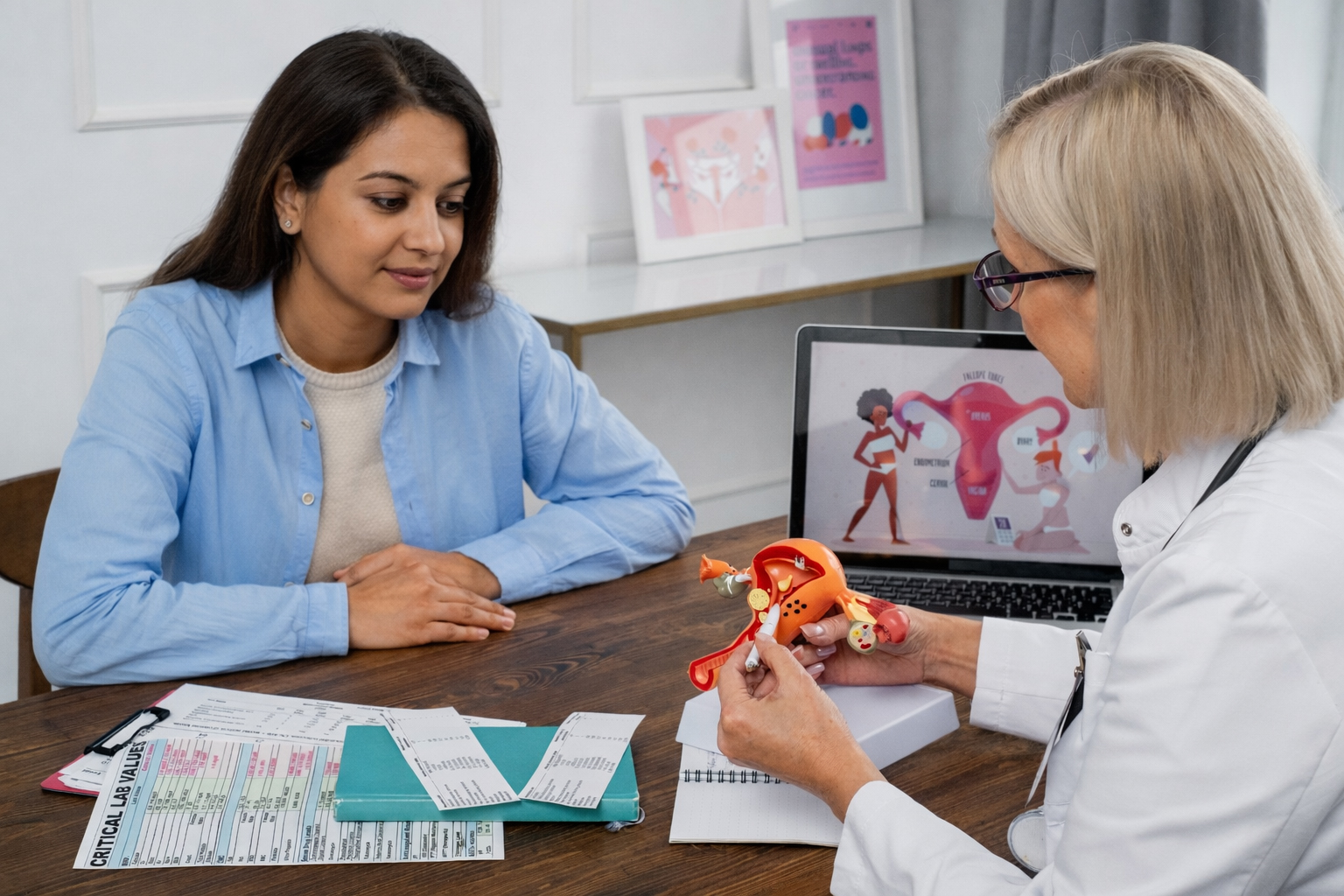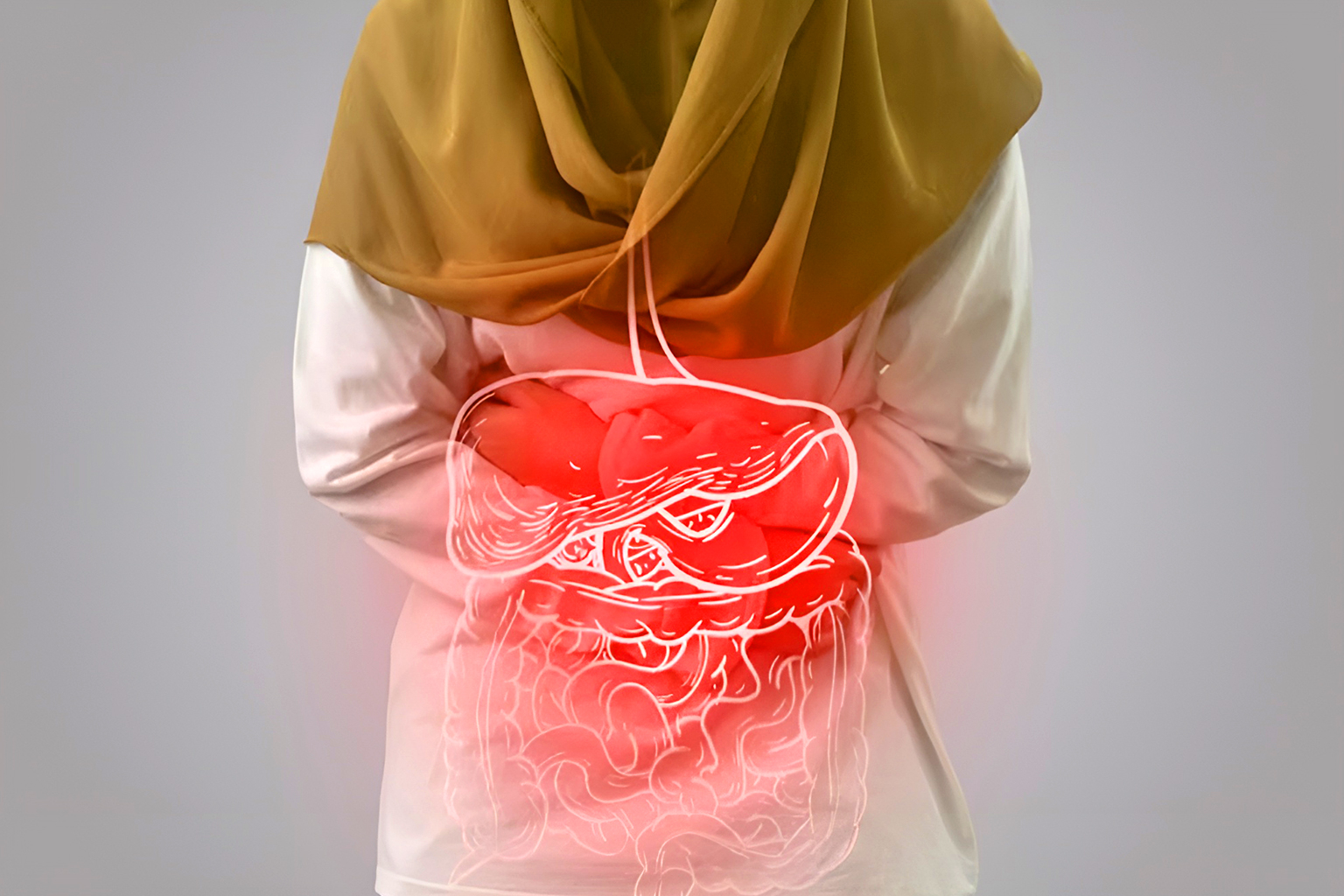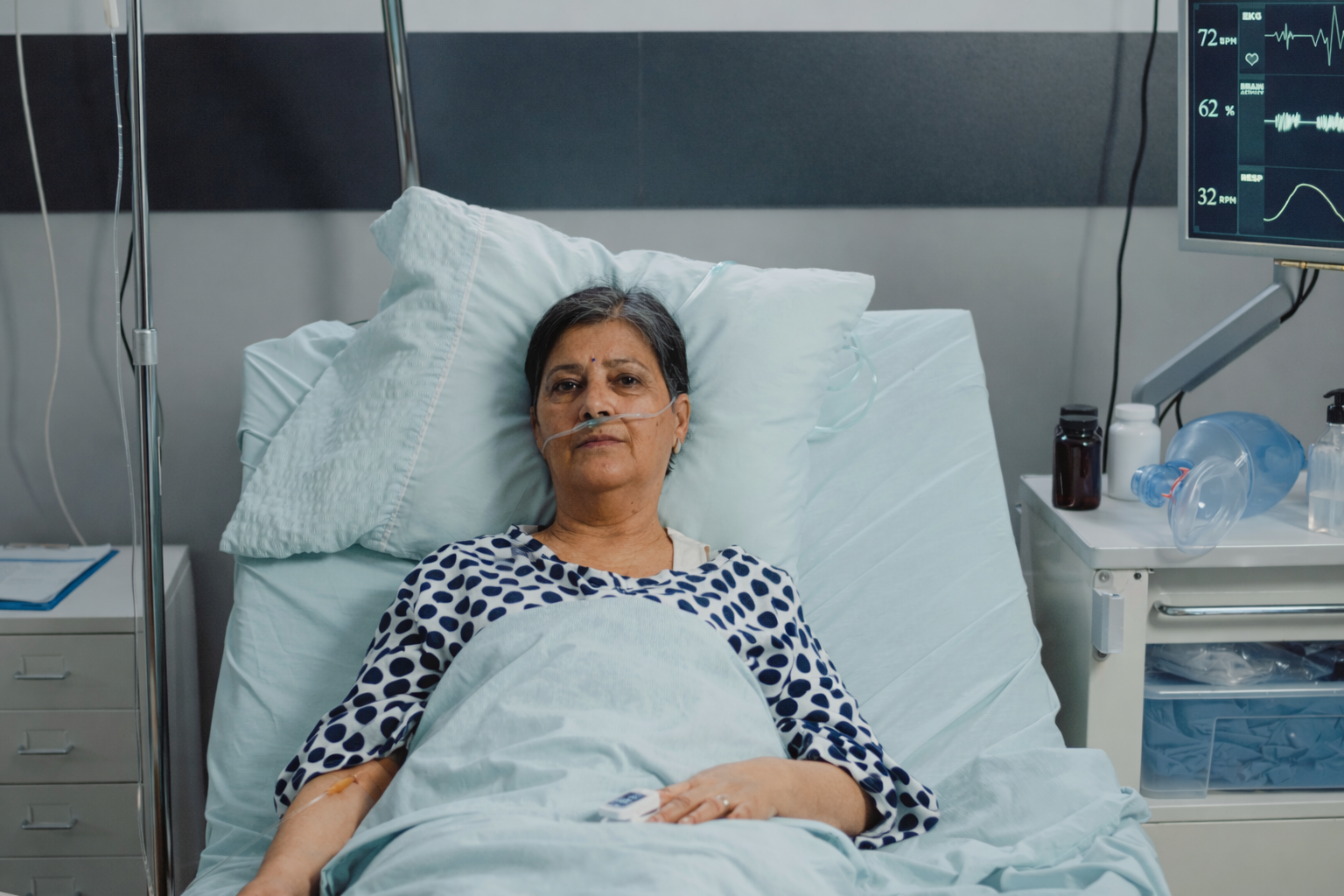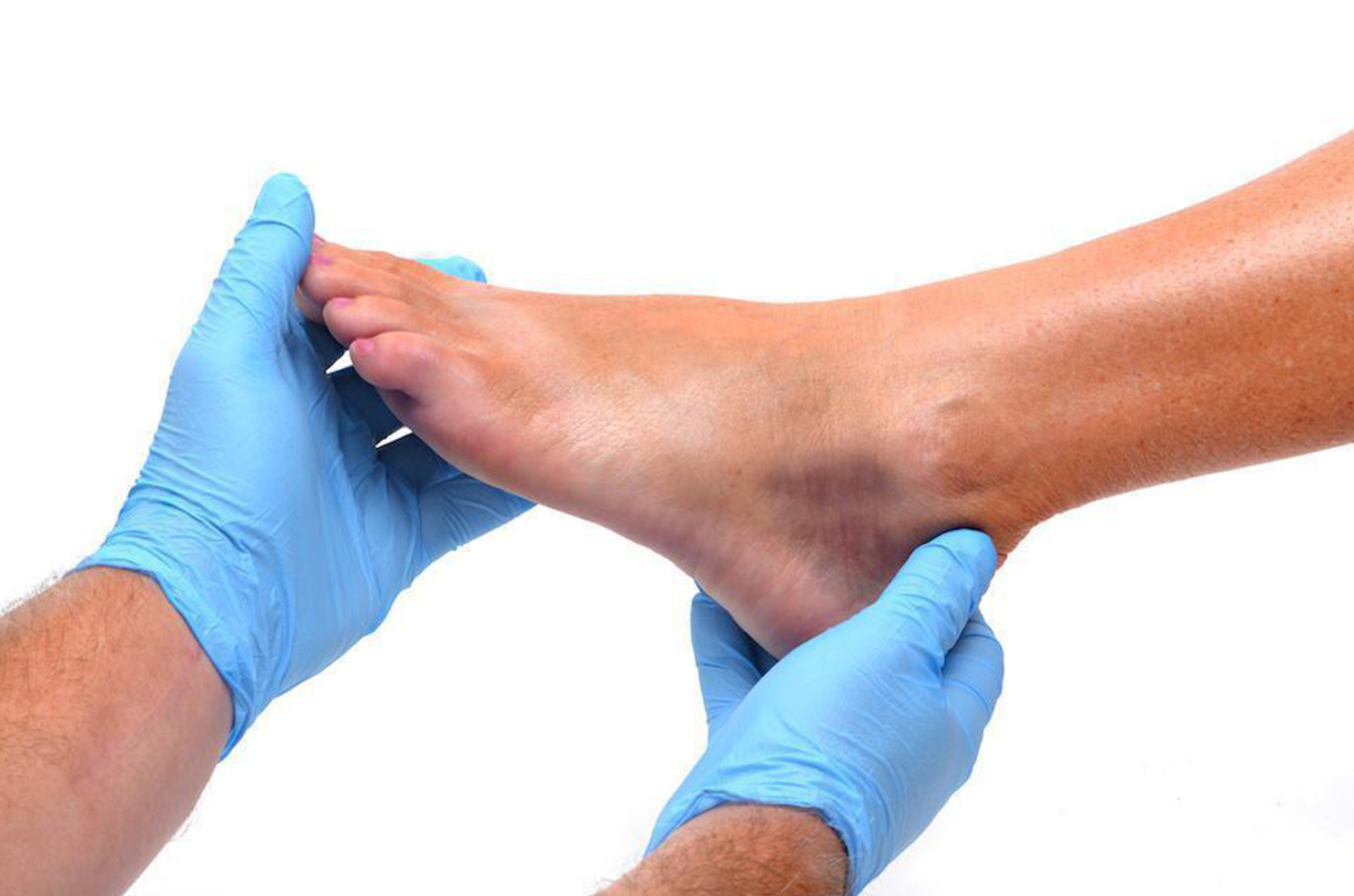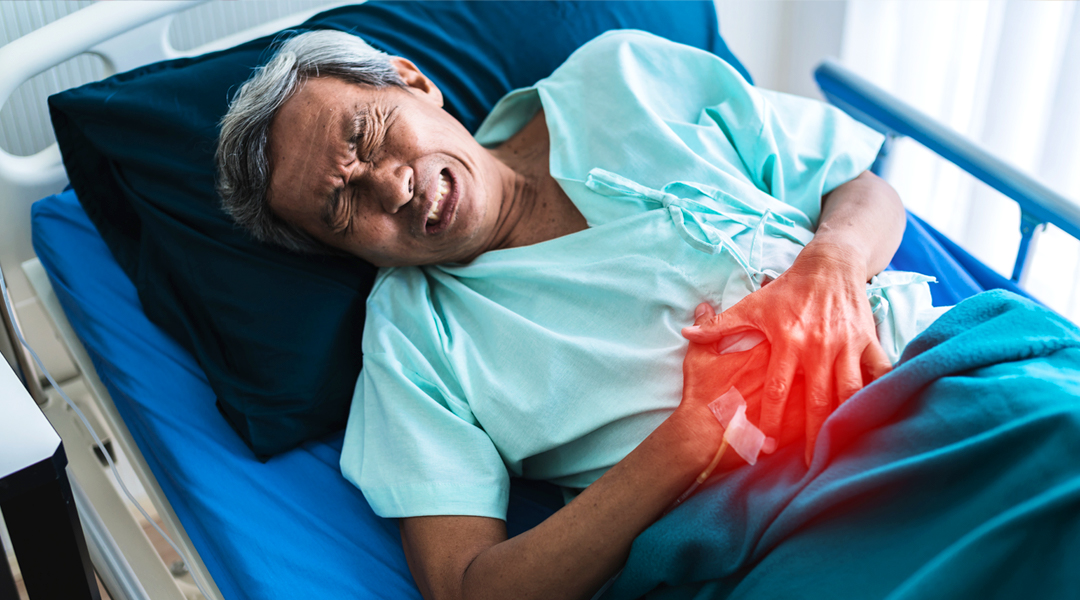What If the Appendix Bursts?
At Tulips Multispeciality Hospital, under the expert care of Dr. Kishore, we successfully treated a 27-year-old male who presented with burst acute appendicitis. This life-threatening complication required an emergency laparoscopic appendectomy. Thanks to quick diagnosis, advanced laparoscopic surgery, and expert post-operative care, the patient full recovered and avoided serious complications such as peritonitis and septic shock, an important reminder for anyone wondering what if the appendix bursts.( medicalnewstoday.com ).
Initial Symptoms and Diagnostic Findings
The patient arrived at the emergency room with acute abdominal pain, mainly in the lower right quadrant, along with fever (101.1°F), nausea, and vomiting. His vital signs included a pulse of 106 bpm, oxygen saturation of 98%, and blood pressure of 110/80 mmHg. Blood tests showed a blood glucose of 130 mg/dL.
Despite initial care, the pain persisted. Dr. Kishore recommended a CT scan, which revealed non-perforated acute appendicitis with a 7mm fecolith blocking the appendix. Although the scan did not show a complete rupture, the patient’s clinical condition indicated early signs of a burst appendix, requiring immediate surgical intervention (klarity.health).
What Is Acute Appendicitis and Why Is It Dangerous
Acute appendicitis occurs when the appendix becomes inflamed, often due to a blockage caused by fecoliths. This leads to swelling, bacterial infection, and if untreated, rupture. The appendix is a small pouch attached to the large intestine, and when blocked, it can cause severe infection.( iliveok.com ).
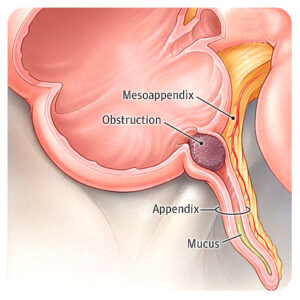
Patients often ask:
- “What happens the appendix bursts?”
- “What happens when the appendix bursts?”
- “What if the appendix bursts?”
Once the appendix ruptures, bacteria and pus spill into the abdominal cavity, causing peritonitis, a potentially fatal complication complication (issalute.it). Dr. Kishore acted swiftly to remove the appendix using a laparoscopic surgical approach, preventing the infection from spreading. ( dr-hadyelasmar.com ).
Emergency Laparoscopic Appendectomy: Step-by-Step
- Preoperative Preparation:
The patient was brought to the operation theatre at Tulips Multispeciality Hospital. Under Dr. Kishore, the team followed strict aseptic protocols, and the patient received general anesthesia. The abdomen was sterilized and draped.( lesoutrali.com ). - Access Creation and Port Placement:
A 10mm incision was made below the navel to insert a camera and establish a pneumoperitoneum. Two additional 5mm incisions were placed for surgical instruments. - Surgical Procedure and Appendix Removal:
On inspection, the appendix was ruptured, with a localized abscess and fecolith in the right iliac fossa. Dr. Kishore carefully separated the mesoappendix, controlling bleeding and tying off the appendix base with 2-0 Vicryl sutures. The infected appendix was removed, and the peritoneal cavity was cleaned thoroughly to reduce the risk of of peritonitis. ( dayofdifference.org.au ). - Drain Placement and Closure:
A 16F suction drain was placed to remove residual fluids. Incisions were closed in layers with absorbable sutures, promoting faster healing and minimal scarring.
Why Dr. Kishore’s Approach Was Critical
Burst appendicitis can escalate rapidly and may cause:
- Generalized peritonitis
- Septicemia
- Intra-abdominal abscesses
- Postoperative adhesions

Dr. Kishore’s quick diagnosis, detailed pre-surgical evaluation, and precise surgical execution ensured that the infection was controlled and the risk of complications was minimized. By choosing laparoscopic appendectomy, the patient experienced:
- Smaller incisions compared to open surgery
- Reduced risk of infection
- Faster recovery time (mawdoo3.com)
Diagnostic Tools and Tests
Early diagnosis is essential. At Tulips, we use:
- Abdominal ultrasound to check for swelling and inflammation (bing.com)
- CT scan for detailed imaging of the appendix and surrounding tissues
- Blood tests to detect infection and inflammation
Following the surgery, the patient was stable. He was moved to the post-op ward where he received expert monitoring and care (scads.ai).
Post-Surgical Care and Outcome
After surgery, the patient received:
- IV antibiotics to control infection
- Fluids and nutritional support
- Pain management
- Drain care and monitoring
Dr. Kishore monitored his progress closely, and within a few days, the patient was discharged with oral antibiotics and advice on post-operative care. The drain was removed once output decreased, and the recovery was uneventful. This marks a significant success story for those wondering about treatment for appendicitis and its recovery process.( yahoo.com ).
Risk Factors and When to Seek Help
Some risk factors for appendicitis include:
- Obstruction of the appendix lumen
- Infection in the gastrointestinal tract
- Family history of appendicitis
Symptoms including sharp lower-right abdominal pain, fever, nausea, and loss of appetite should never be ignored. Delays can result in burst appendix and severe complications.
Appendicitis is most common in people between the ages of 10 and 30. Recognising these
signs early can help avoid rupture and infection (medicalnewstoday.com). Symptoms,
including sharp lower-right abdominal pain, fever, nausea, and loss of appetite, should
never be ignored. Delays can result in a burst appendix and severe complications.
When Should You Suspect Appendicitis?
Early recognition of symptoms can save lives. Common signs include:
- Sharp pain near the navel that moves to the lower right abdomen
- Fever and chills
- Loss of appetite
- Vomiting or nausea
- Increased pain during movement, coughing, or deep breathing
If you or someone you know experiences these symptoms, immediate medical attention is necessary. A delay in diagnosis can lead to rupture and severe complications.(klarity.health).
Tulips Multispeciality Hospital: Excellence in Emergency Surgical Care
At Tulips, we combine state-of-the-art emergency room facilities, expert surgical teams, and minimally invasive techniques. Whether laparoscopic surgery or open surgery is needed, patients receive personalized care for faster recovery. The hospital’s expertise ensures patients can safely return to daily life after surgery.(iliveok.com).
Conclusion
The case of the patient, successfully treated by Dr. Kishore at Tulips Multispeciality Hospital, is a reminder that burst appendicitis is a race against time. Thanks to immediate diagnosis, skilled surgical intervention, and excellent post-operative care, the patient made a full recovery. Acting quickly on abdominal pain can mean the difference between a minor surgery and a life-threatening complication. If you or your loved ones experience any symptoms of appendicitis, trust Tulips Multispeciality Hospital for 24/7 emergency care and expert surgical treatment for appendicitis. (issalute.it).

